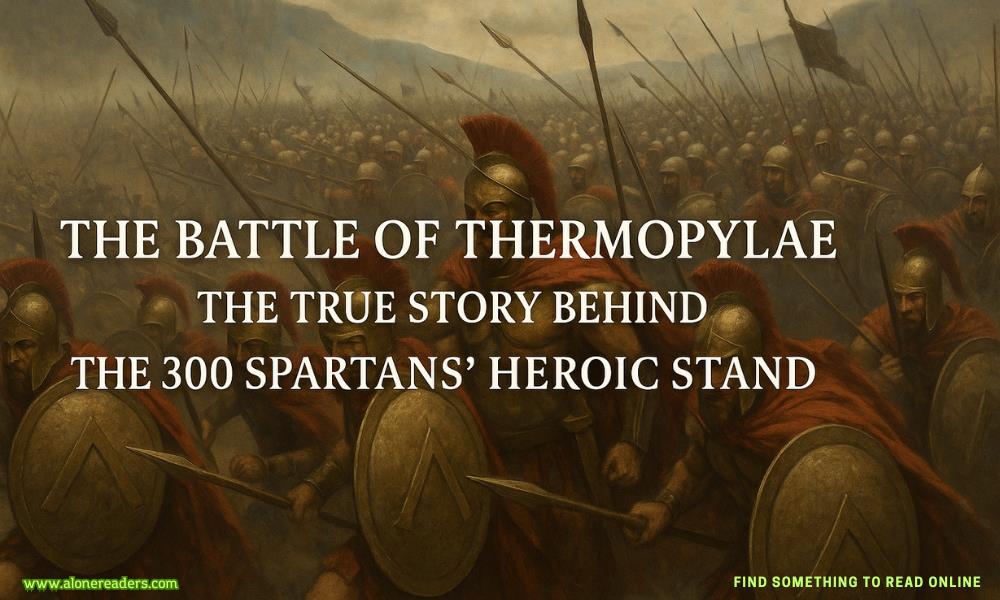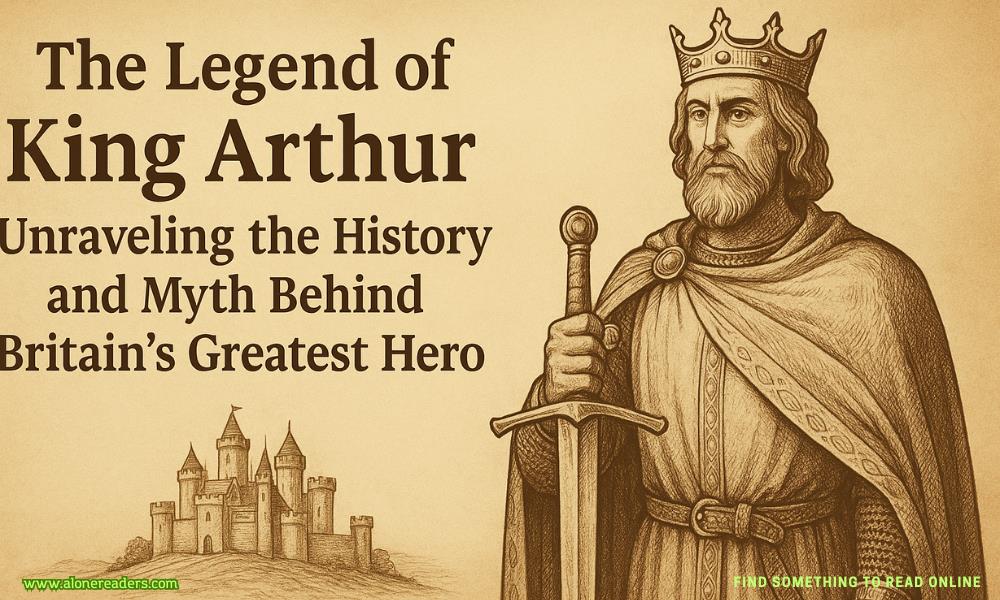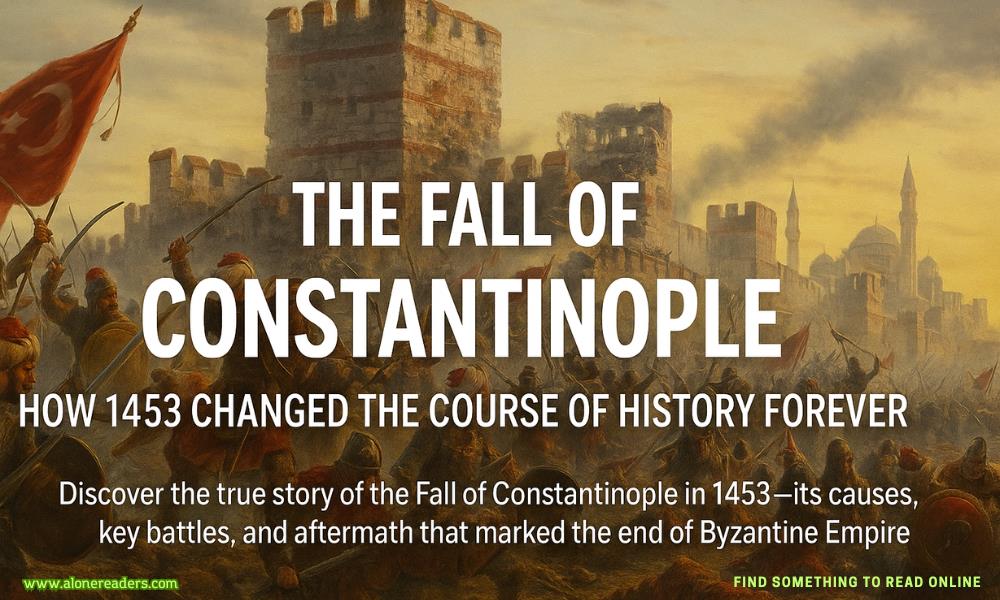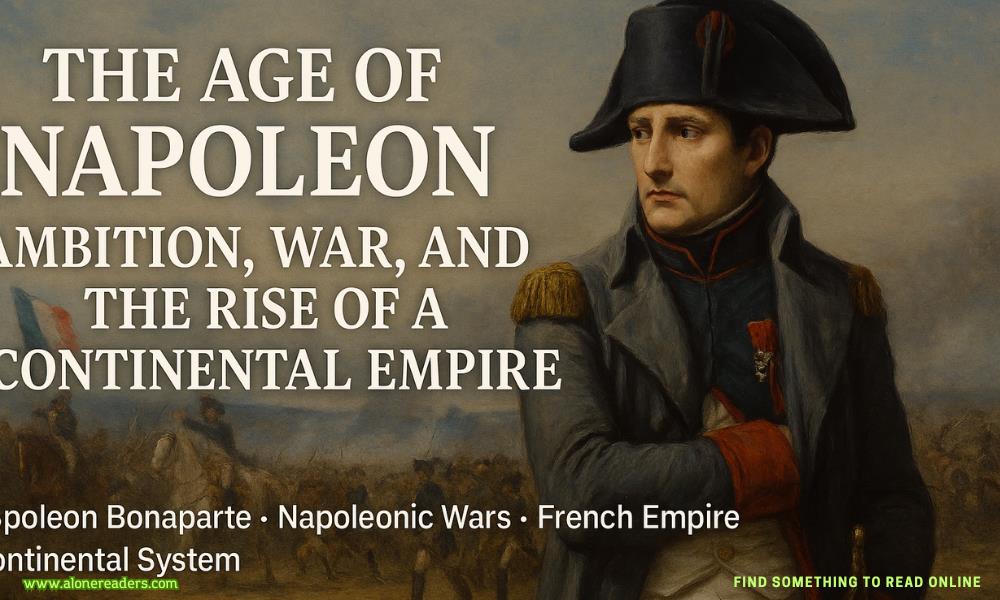Page 47 of The Orphan of Cemetery Hill
NON SIBI SED OMNIBUS
The name was certainly more official sounding than the Spunkers Club, but there was no mistaking their purpose. There was Mr. Graham in the front, his sickness charitably omitted by the artist. Next to him was a bearded man in a white apron that she recognized as Dr. Jameson, a scalpel in his hand. Her gaze stopped when she reached the last man in the group. A man with piercing blue eyes, one hand rested on a book, a skull in the other. A man who—
“What do you think you’re doing?”
Tabby jumped at the voice and spun around to find Dr. Jameson standing in the doorway.
“I—I was just looking at the painting.”
“You aren’t paid to look at paintings.” His eyes narrowed and he moved into the room. “You look familiar. Do I know you from somewhere?”
Tabby would not make the same mistake she had made at Mr. Whitby’s. This time she ran.
Outside, she didn’t stop running until she was well out of sight of the building and had put the river behind her. She didn’t know why she looked familiar to Dr. Jameson, but she didn’t need to know. It had grown dark, and the cold air nipped at her cheeks and wormed its way in through the weave of her cloak. It was a long way back to the boarding house, but Tabby hardly felt the cold as she put one worn leather boot in front of the other.
She shouldn’t have been surprised when her eyes had landed on the last man in the painting, but his face had still made her blood run cold. Mr. Whitby.
Mr. Whitby was tied up in the grave robbing; why else would he appear in a painting with Mr. Graham? She thought back to his personal library, the anatomy books which had seemed so out of place suddenly making sense. It seemed that wherever there were sinister deeds in Boston, there was Mr. Whitby. He was an evil man of giant proportions, throwing a long, menacing shadow over every aspect of her life.
She was so absorbed in her thoughts that she didn’t hear the sound of footsteps matching her pace until they were practically upon her. Only now did she realize how far away from the bustle of the main roads she was. Her neck prickled in warning. Someone was following her.
She quickened her pace, passing deserted alleys and shuttered shop windows. It had to be Mr. Whitby—or, more likely, someone hired by him. Had he followed her to Harvard? Did he know she knew? Perhaps it was her uncle, sent by her aunt to find her and bring her back to them. Rabbit quick, Tabby made a sharp turn onto a busier street.
The footsteps quickened in response. Dodging a drunkard slumped on the ground and then a little boy selling walnuts, she hazarded a glance over her shoulder and caught a glimpse of her pursuer. The footsteps belonged not to Mr. Whitby, nor her aunt and uncle, but a big brute of a man she had never seen before.
Her breath came in sharp, painful gasps. Mr. Graham’s words spun through her head:Powerful men. Men you wouldn’t want to cross. But she had crossed them already, or one of them, and now he was after her.
Ducking into a narrow alley, Tabby closed her eyes and slumped against the wall, fighting to catch her breath. Her legs ached and her lungs were on fire, but she had lost him. She needed to get to Mary-Ruth. She would know what to do.
But she was too late. With a sickening sense of dread, Tabby realized that she was not alone in the alley. The sound of breath, not her own, rasped so close to her ear that she could feel it even in the dark. Her body felt strangely light and far away. Slowly, she opened her eyes, only to see something dark whooshing toward her. Her head exploded with stars, and then...black.
25
IN WHICH A PATH MUST BE CHOSEN.
THE NEXT FEWdays moved quickly, with Caleb making inquiries about passage to Boston, and Alice disappearing during the day to sell her sweets.
Alice was an odd one, there was no doubt about it. Like Tabby, she exercised an abundance of caution, verging on paranoia, whenever she was out. Her knife was ever ready up her sleeve, her instincts as sharp and quick as a cat’s. Unlike Tabby, she was strident and outspoken, spending much of her time in pubs enjoying spirits and debating the old men about everything from women’s rights to the price of corn and its effects on transatlantic trade. If Caleb wasn’t gainfully employed, he had a feeling that the two of them could have made a formidable pair at the card tables.
When Caleb at last found a packet that was calling at Southampton, New York, and Boston, he was able to haggle for two tickets. With every step, the journey back became more and more real. He knew very well that when he walked off that plank on the Boston dock that he could be walking straight back into prison. He tried not to think of that, nor of the passage that would see him sick every day for the next six weeks.
Once he had counted out his hard-earned bank notes into the captain’s hands, he began the long walk back to the city. There was one thing he still had to do before he left.
Caleb found Hugh hunched over his desk, compass in one hand, drawing charcoal in the other, a disorganized mass of papers spread around him.
Clearing his throat, Caleb knocked lightly on the door frame.
Hugh looked up, his pipe long extinguished, but still firmly planted between his lips. “There ye are. I was wondering where ye’d gotten to.”
Caleb had hardly been a model employee the last few days as he’d hurried to make preparations for the journey back across the Atlantic. “Sorry, just had to step out for a moment.” He glanced down at the drawing Hugh had been working on and raised a brow. “A mausoleum?”
Hugh gave a weary sigh, tossing his compass and charcoal aside as he leaned back in his chair. “Say what you will about Burke and Hare, but they did wonders for the funerary industry. Now everyone is clamoring for a crypt that will confound grave robbers. Buildings come and go, getting knocked down in the name of progress, but a crypt is sacred. It will last forever. Now,” Hugh said, “what was it you needed?”
Caleb couldn’t put it off any longer. “May I sit?”
Hugh gestured to the chair across from his desk, and Caleb seated himself, sinking down into the plush leather. He would miss the cluttered yet cozy office, and the man who occupied it. He would miss the dusty books and the shelves fit to bursting with papers. He would miss Hugh’s deep brogue and easy companionship. Most of all he would miss feeling as if he belonged, of having a place and knowing that he had earned it with his own merit. Clearing his throat, he gathered his resolve. “Let me start by saying how deeply I appreciate everything you have done for me, and the chance you took when you brought me into the firm. I will never forget your kindness and—”
Hugh stopped him. “You’re leaving.”















